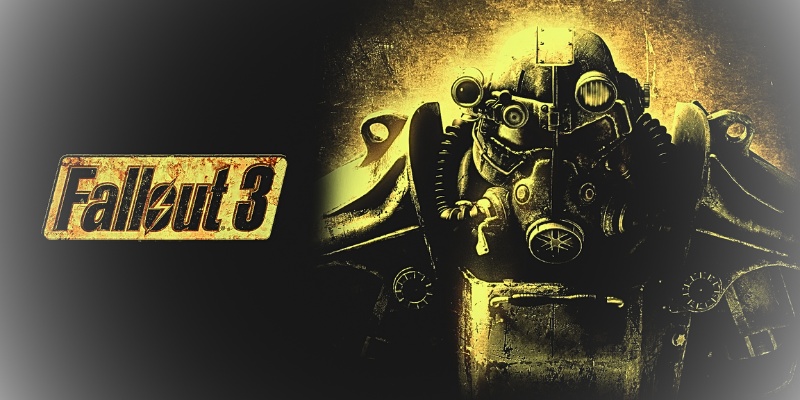4 Video Games Banned for Unusual Reasons
When people hear about banning video games, they immediately think the cause is gory violence or strong sexual content. However, video games have been banned in different parts of the world for more unusual reasons.
Video games have been a subject of controversy and scrutiny since their inception. Over the years, many games have been banned for various reasons, including excessive violence, sexual content, and offensive language. However, some games have been banned for more unusual reasons that may seem surprising to some. From games being banned for promoting graffiti to games deemed too addictive, the reasons for a video game ban can be diverse and unexpected. Some of these bans have sparked debates about censorship and freedom of expression in the gaming industry.
In this day and age, where video games have become a mainstream form of entertainment, the reasons for banning them may continue to evolve and surprise us. Here’s what made these four games censorship targets.
Pokemon



It’s hard to believe, but Pokemon video games, cards, and TV shows were banned in Saudi Arabia in 2001. The government lists many reasons for getting rid of the popular franchise, including that playing is “like gambling.” They also claimed the cards and games included religious symbols such as the Star of David and crosses.
Mass Effect
The Mass Effect trilogy is a worldwide hit. However, when the first game was released in 2007, it was banned in Singapore. The scene in question was Shepard and Liara’s last encounter together before the end of the game. To see the scene, you must play as a female and have romanced the blue alien throughout the game. If players did that, they saw a suggestive, short cutscene with no real sex or nudity. Singapore felt that the lesbian encounter went too far and banned Mass Effect. The ban was later overturned due to fans protesting.
Football Manager 2005
How could a game about football be banned? The Chinese government, which has banned gaming consoles for a decade, claimed its citizens thought that certain parts of the game were offensive, namely that Taiwan and Tibet were listed as countries. Even though it was never officially released in China, the government went after internet cafes and websites that distributed Football Manager.
Fallout 3



Fallout 3 had problems in Australia, where due to the game’s mention of Morphine and other drug use, it was initially refused classification by the country’s rating board. In Japan, the name of the Fat Man mini-nuke launcher and “The Power of the Atom” side quest were both censored. In India, the popular RPG was never released at all. Microsoft didn’t wait for the public or the government to take issue with the game; they chose not to release it there, citing “cultural sensitivities.” There has been speculation that the cow-like Brahmin was the reason for the ban. In Fallout 3, players could kill the creatures. It was never scheduled for release in India on the PS3 or PC, leaving gamers no options.
Common Reasons Behind Bans
Different games get banned for various reasons. Delving into the specifics:
Violence and Graphic Content
Games that seemingly glorify violent actions have always been in the limelight. A classic example is the “Grand Theft Auto” series. Criticized for its portrayal of violence and crime, it has faced bans in Thailand and the UAE.
Cultural and Religious Sensitivities
Games can sometimes unintentionally misrepresent cultures or religious figures. “LittleBigPlanet,” for instance, once had to delay its release because a background song included verses from the Quran, which some saw as inappropriate.
Political Implications and Propaganda
Games are no exception in a world where politics and entertainment often intertwine. For example, “Command & Conquer: Generals” faced a ban in China as it portrayed the country in a light that the government deemed negative.
Impact on Mental Health
With increasing screen time worldwide, concerns about gaming leading to addiction or mental health challenges have risen. While no direct causation has been established, games like “Blue Whale,” believed to promote self-harm, have been banned in several countries.
While many video games are censored or banned worldwide for violent content, these four show that’s not always true. Whether it’s the government banning a popular game with cartoon animals dueling each other or gaming companies censoring themselves before a controversy might start, there are plenty of different reasons for bans in other countries.

